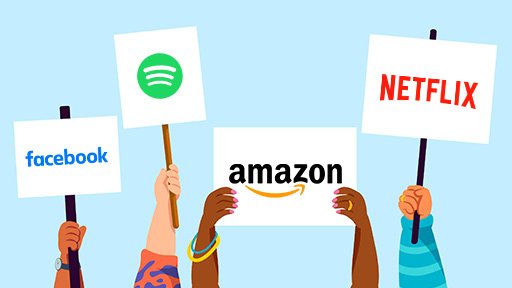

These past few years have proven to be challenging when it comes to social issues. And now, more than ever, brands are speaking out about them. Taking a stand on issues like gun violence and racial inequality appears to help brands generate more awareness. Still, there have been instances in which having an opinion at all has militated against them.
For example, Pepsi and reality TV star Kendall Jenner faced backlash in 2017 for sending the wrong message with their perfectly timed commercial. The ad featured Jenner joining a group of protesters before handing a can of Pepsi to an officer. Pepsi released the ad in the wake of that year’s demonstrations against police violence. Pepsi faced criticism for diminishing the gravity of Black Lives Matter protests, which led to the brand pulling the ad off the air in one day and issuing an apology.
Nevertheless, brands have become more aware of the impact that social and political issues have on their customers. A Social Sprout survey revealed that 70% of consumers want brands to stand on social issues. Resonate’s consumer intelligence platform disclosed that customers are more likely to let their feelings motivate their spending. Customers, mainly millennials, are putting their money into brands that reflect their morals and values.
However, brands are faced with the challenge of meeting the demand of speaking up on social issues without seeming disingenuous. They also understand that their silence can be perceived as complicity and can have enormous consequences, especially in the day of cancel culture. The last thing a brand wants is to be boycotted on social media!
The best way for businesses to overcome these challenges and approach social issues is to hire brand companies that can study their customers before interacting with them. In other words, they need brand companies that will engage in social listening and do their research to avoid supporting a cause just because it’s trending. Businesses need brand companies to know why and how speaking up on a particular issue will affect their audience.
All of these efforts will enable branding companies to decide on the best recourse for their clients regarding brand activism. They understand that millennials expect brands to be authentic while demonstrating commitment and action towards a cause they support. Therefore, a good brand company will develop strategies on how to communicate their clients’ support and prepare for their customers’ reactions, whether good or bad.
Last year, many companies joined the #blackouttuesday movement on social media by posting black squares on their Facebook and Instagram pages. It was their way of standing in solidarity with their black consumers. While the display of social media activism was effective, it did not work for some brands, particularly those that do not “walk the talk.”
Brand activism is a good way to build recognition and equity. When brand companies are able to discern which social issues align with their clients’ branding and marketing strategy, they can help their clients reap the benefits that come with taking a stand. To learn more contact us today.